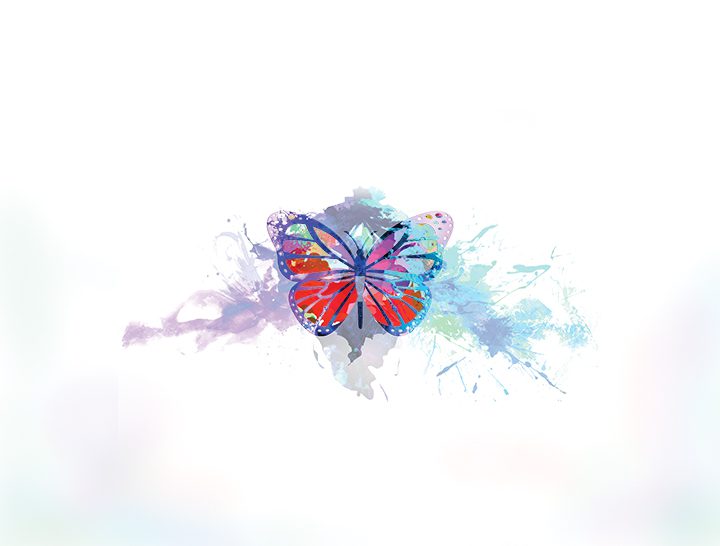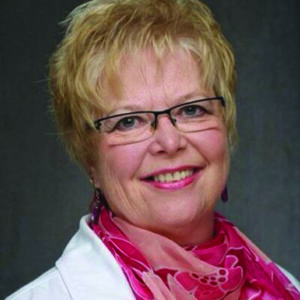
People come to the University of Wisconsin-Madison from around the world to enroll in top-ranked academic programs. But what if anyone in the local community, at any age, could take UW-Madison courses on living a better life?

This fall, UW-Madison’s Division of Continuing Studies will launch Living Well—Today and Tomorrow, a menu of courses whose ultimate aim is happiness. They’ll provide expert advice on handling stress, balancing life and work, planning for retirement, navigating healthcare, and managing finances, among other essential skills. Instructors will include UW-Madison faculty members, leading researchers, and guest speakers who specialize in various stages of life’s journey.
“There’s no manual for life, but these courses deal with problems all of us face,” says director Lynn Tarnoff. “Living Well—Today and Tomorrow is a unique offering from a major university, and it addresses a real need in the community. You can’t find a group of courses like this anywhere else, all under one roof.”
Living Well—Today and Tomorrow addresses a broad range of common concerns. For those trying to hang onto their sanity while caring for both children and aging parents, there’s the four-week evening course Caregiving: Care for Your Loved Ones, Care for Yourself. For those experiencing stress over major changes, there’s the one-day workshop Mindfully Managing Life’s Transitions. And those seeking inner peace can enroll in the weekend course Stop the Noise: Tools for Quieting Mind Chatter.
Make today better
John E. Nelson, author of “What Color Is Your Parachute? for Retirement,” will teach the workshop Retirement Happiness: What Color Is Your Parachute? on October 10.
“In our culture people plan for retirement financially, but then they get there and they honestly don’t know what their life is going to be about,” Nelson says. “The responsibility is on us, sometimes for the first time in our lives, to really design the life we want to live. And doing that well takes some planning.”
Tarnoff hopes the 17 courses for 2015-16 will contribute to a happier and healthier Wisconsin.
“The idea is that you can make today better and ensure that things will go well tomorrow,” she says. “I can’t think of a better use of university resources than helping people solve everyday problems and lead more successful lives.”